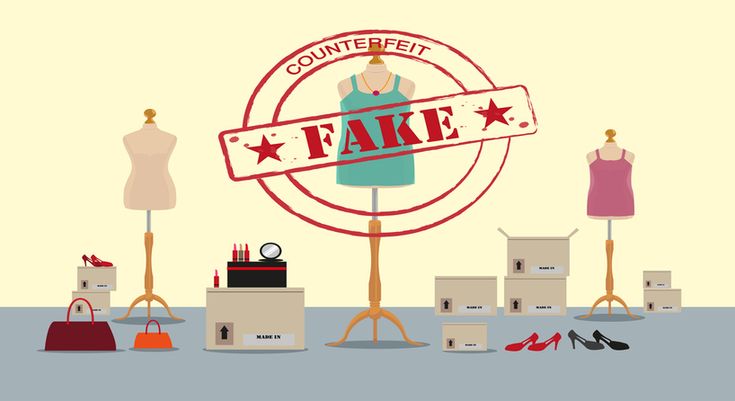In recent years, live-stream shopping has emerged as a new consumption model, gaining immense popularity among young people and consumers of all kinds. With its immediacy, interactivity, and convenience, live-stream e-commerce has rapidly carved out a niche in the e-commerce market. However, alongside the explosive growth in sales, an increasingly serious problem has surfaced—a crisis of trust. Counterfeit goods and after-sales issues persistently surface, with consumer rights frequently compromised in this “virtual spectacle.” Consequently, effectively safeguarding consumer interests has become an urgent challenge.

Within the live-streaming commerce landscape, product quality varies wildly. Many consumers, unaware of the truth, purchase substandard goods lured by enticing promotions, rock-bottom prices, and false advertising. Particularly in the livestreams of some well-known hosts, products that should be trending new releases frequently become synonymous with “counterfeits.” Despite seeing screens filled with “authenticity guarantees” during the purchase process, consumers often find themselves trapped in an endless cycle of rights protection struggles when problems arise—facing difficulties in returns and exchanges, obtaining compensation, and even securing effective after-sales service.
This situation not only erodes consumer trust but also plunges platforms, merchants, and even the hosts themselves into a massive credibility crisis. Traditional after-sales and compensation mechanisms clearly fail to meet modern consumer demands. Could insurance provide a protective umbrella for consumer trust?

A novel concept—Live-Stream Shopping Protection Insurance—is emerging. This insurance targets various risks consumers may face during live-stream shopping, including counterfeit goods, product quality issues, and inadequate after-sales service. When making a purchase, consumers can opt for supplementary insurance to ensure they receive appropriate compensation and service guarantees if problems arise. This insurance model not only provides consumers with greater post-purchase protection but also effectively enhances their trust in live-stream shopping.
For instance, suppose a consumer purchases a “limited edition” cosmetic product during a livestream, only to discover upon delivery that it is a low-quality counterfeit. Traditional after-sales procedures might require consumers to provide extensive evidence or engage in lengthy disputes. However, consumers who have purchased livestream shopping protection insurance can receive swift compensation. Insurance companies collaborate with e-commerce platforms to compensate sellers or assist consumers in resolving disputes, thereby reducing the time and effort required for consumer rights protection and ensuring their interests are maximally safeguarded.

Moreover, this insurance benefits not only consumers but also serves as an effective risk mitigation tool for platforms, merchants, and live streamers. When consumers purchase protection insurance, the responsibilities and obligations of platforms and merchants become more clearly defined. Under this model, merchants must ensure the quality of their products and provide reliable after-sales service, while platforms must strengthen their vetting and management of merchants to prevent unscrupulous sellers from exploiting live-streaming platforms for fraudulent activities.
Of course, this transformation won't happen overnight. Bringing “Live-Streaming Sales Protection Insurance” to market requires resolving numerous legal, technical, and regulatory challenges. Yet it's undeniable that this insurance model offers a powerful response to the chaos in live-streaming e-commerce. It can effectively alleviate consumer trust crises and provide new opportunities for the industry's healthy development.
The future of live-streaming commerce may remain uncertain, but if consumer rights can be safeguarded through innovative insurance mechanisms, it could add a more robust safety net to this emerging industry. When consumers can truly trust live-streaming e-commerce, the relationship between businesses, platforms, and consumers will inevitably become more harmonious and stable.





